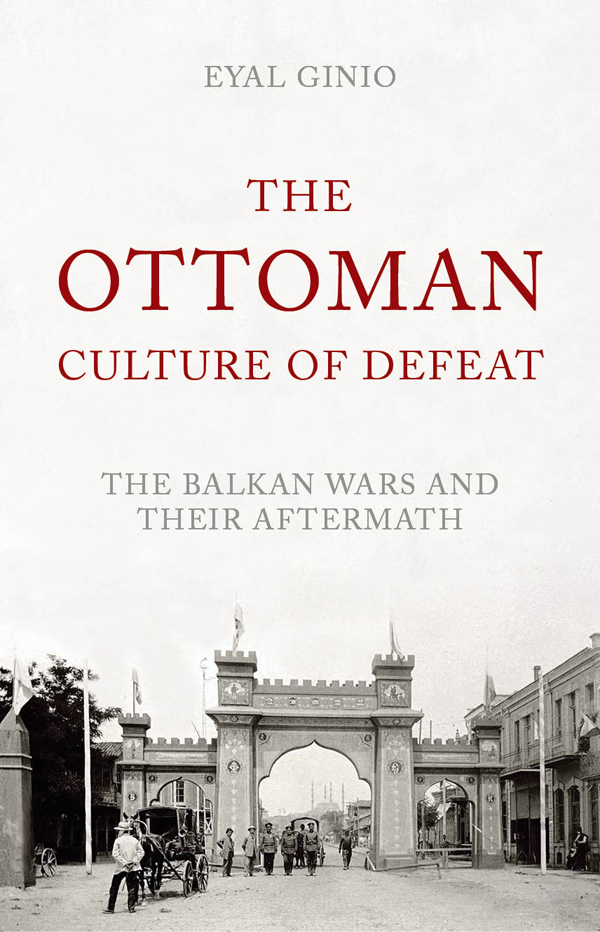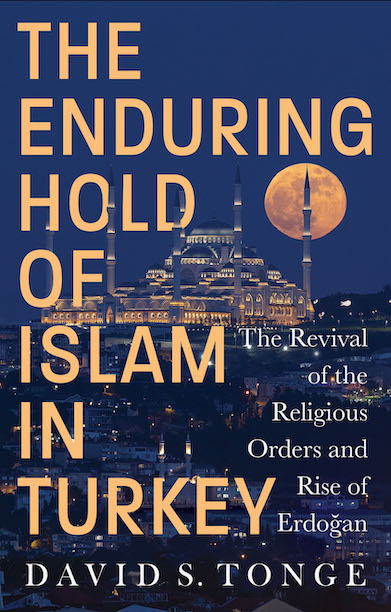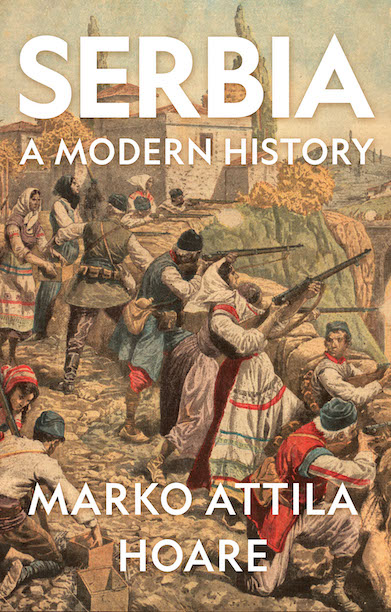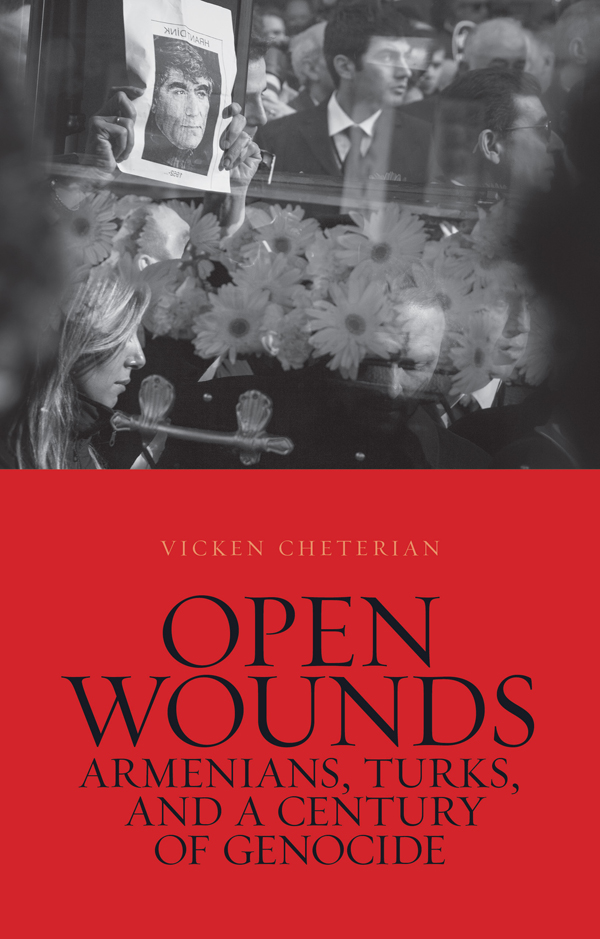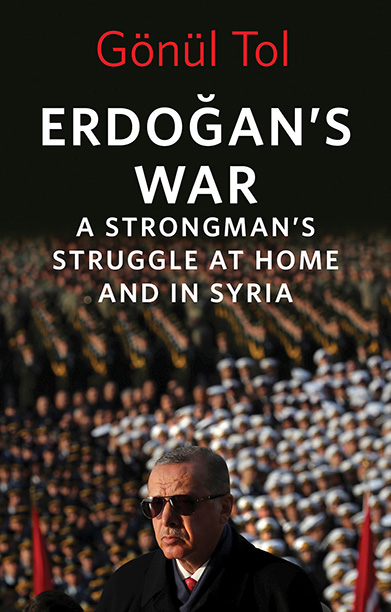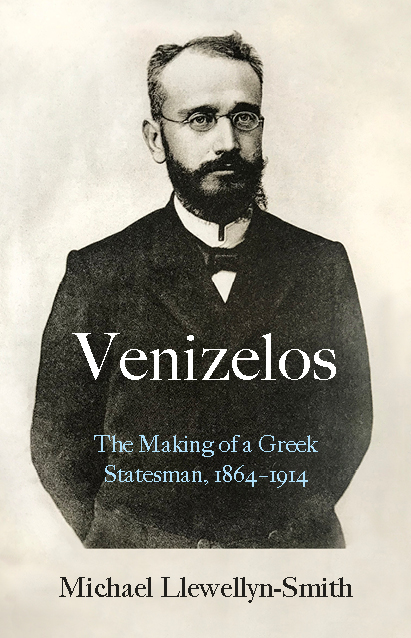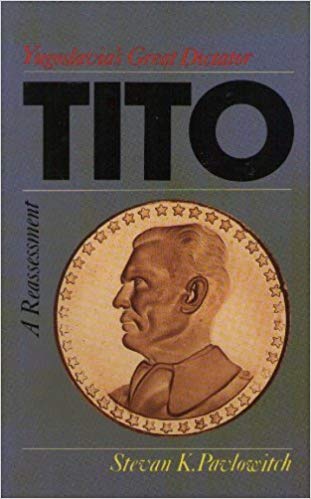The Ottoman Culture of Defeat
The Balkan Wars and their Aftermath
Part of the Mediterraneans: The Ottoman and Post-Ottoman World series‘Eyal Ginio has masterfully composed a social history of one multi-ethnic society’s reactions to an empire’s collapsing place in the world. His investigations into hitherto ignored Arabic, Ottoman and Ladino sources are especially insightful, promising to influence how future historians write about the Balkan Wars.’ — Isa Blumi, Stockholm University, author of Reinstating the Balkans: Alternative Balkan Modernities, 1800-1912
Description
When the first Balkan War broke out in October 1912, few Ottomans anticipated that it would prove to be a watershed moment for the Empire, ending in ignominy, national catastrophe, and the loss of its remaining provinces in the Balkans. Defeat at the hands of an alliance of Balkan powers comprising Bulgaria, Greece, Serbia and Montenegro set the stage for the Balkan Crisis of 1914 and would serve as a prelude to WWI. It was also a moment of deep national trauma and led to bitter soul-searching, giving rise to a so-called ‘Culture of Defeat’ in which condemnation and criticism flourished in a way seemingly at odds with the reformist debate which followed the Young Turk Revolution of 1908.
Eyal Ginio’s clear-eyed and rigorously researched book uncovers the different visual and written products of the defeat, published in Ottoman Turkish, Arabic and Ladino, with the aim of understanding the experience of defeat — how it was perceived, analysed and commemorated by different sectors in Ottoman society — to show that it is key to understanding the actions of the Ottoman political elite during the subsequent World War and the early decades of the Turkish Republic.
Table of contents
Introduction: Ottoman Society, the Balkan Wars and the Defeat
1. The Balkan Wars and Ottoman Societies: The Devastating Shift from Celebration to Defeat
2. The Shaping of the Ottoman Culture of Defeat
3. Regeneration, Revenge and Regaining Honour
4. Children in the Ottoman Literature of Defeat: From War’s Victims to the Citizen-Soldiers of the Future
5. The Project of the National Economy: Excluding the Enemy ‘Within’
6. Celebrating the Ottoman Past, the Victorious Second Balkan War and the Reinstatement of Edirne—Heralding the Rebirth of the Nation
Conclusion: The Defeat in the Balkan Wars and its Legacy
Reviews
‘A major achievement.’ — War in History
‘Eyal Ginio deftly moves between sources penned in Ottoman Turkish, Arabic, Hebrew, Ladino, and French to expose the wide-ranging impact of the Balkan Wars on Ottoman society. Covering topics as diverse as military and philanthropic mobilisation, children’s literature, war refugees, and attempts to shape a “national economy”, Ginio convincingly argues that the Balkan Wars represented the Ottomans’ first experience with ‘total war.’ — Julia Phillips Cohen, author of Becoming Ottomans: Sephardi Jews and Imperial Citizenship in the Modern Era
‘The Ottoman Culture of Defeat is groundbreaking. Eyal Ginio weaves together a novel and sophisticated account of the impact of the Wars on the different echelons of Ottoman society, from soldiers to intellectuals and from women to children. Drawing on hitherto unused primary sources in multiple languages, Ginio demonstrates how different ethnic, linguistic, and gender groups embraced defeat through new cultural manifestations that were not only confined to defeat but also revolved around notions of mobilisation, revenge, disillusionment, national revival, and reshaping of the Ottoman society, politics, and economy. This book is a major contribution not only to our understanding of Ottoman history but also to the study of different societies affected by war.’ — Bedross Der Matossian, author of Shattered Dreams of Revolution: From Liberty to Violence in the Late Ottoman Empire
‘This is the best work I have seen on the Balkan Wars. Ginio’s deep understanding of the causes and sociopolitical consequences of the Balkan Wars make reading this book an undiluted pleasure. The book is empirically well-crafted and theoretically guided work of the highest level.’ — M. Hakan Yavuz, Professor, Department of Political Science, University of Utah.
‘Eyal Ginio has masterfully composed a social history of one multi-ethnic society’s reactions to an empire’s collapsing place in the world. His investigations into hitherto ignored Arabic, Ottoman and Ladino sources are especially insightful, promising to influence how future historians write about the Balkan Wars.’ — Isa Blumi, Stockholm University, author of Reinstating the Balkans: Alternative Balkan Modernities, 1800-1912
Author(s)
Eyal Ginio is Associate Professor for Turkish Studies at the Department of Islamic and Middle Eastern Studies in the Hebrew University of Jerusalem. He completed his Ph.D. at the Hebrew University in Middle East studies (1999) and post-Doctorate at Oxford University (1999-2000). He served as the chair of his department in 2009-2012. His recent publications include Late Ottoman Palestine: The Period of Young Turk Rule (edited with Yuval Ben Bassat), and Ottoman Legacies in the Contemporary Mediterranean: the Balkans and the Middle East Compared (edited with Karl Kaser).
